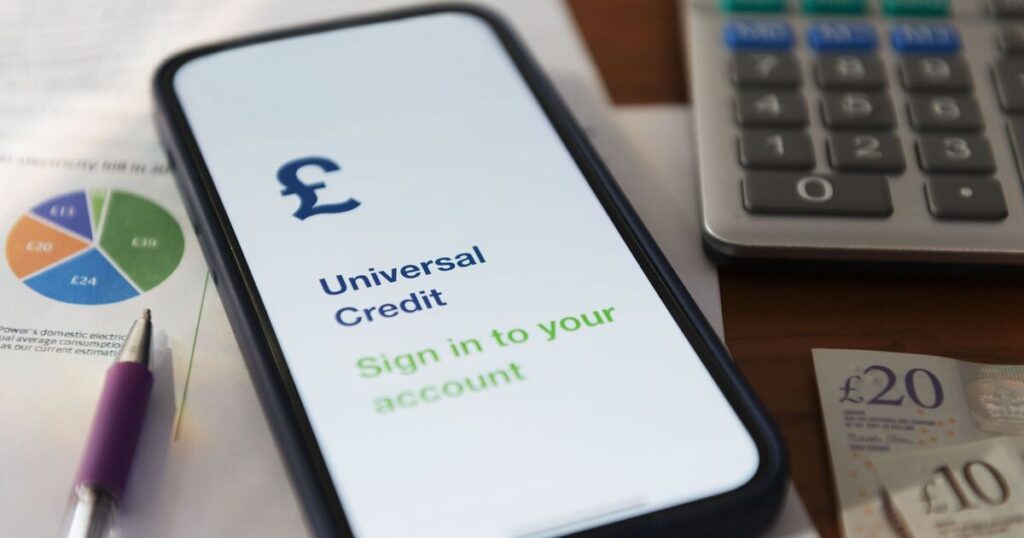
According to the latest figures from the Department for Work and Pensions (DWP), the number of people claiming Universal Credit is at an all-time high of eight million, a major increase from the 6.9 million claimants in July last year. Universal credit is an income-related benefit that helps with everyday living expenses those who are out of work or cannot work, and those who are in work but on a low income.
Some claimants could be provided with extra financial help. Those living with a disability, long-term illness, or physical or mental health condition, and claiming Universal Credit or Jobseeker’s Allowance (JSA) could be provided with extra finances to help with living costs.
Personal Independence Payment or Adult Disability Payment, which has replaced all new and existing claims for PIP in Scotland, is a benefit for those living with a long-term health condition or disability that makes it difficult for you to do everyday tasks or to get around.
PIP and ADP are tax-free, non-means-tested payments not included in the benefit cap.
This means a single claimant aged over 25, receiving Universal Credit or JSA, could still receive up to £749.80 every four weeks from a new claim for either benefit, regardless of any other support they get.
If you combine this with a monthly Universal Credit payment of £400.14, the rate for single claimants over 25, you could receive up to £1,149.94 each month, the Daily Record reports.
This figure is based on an individual receiving the higher rate of the daily living and mobility components of either PIP or ADP. Additionally, it must be noted that the health condition itself will not make an individual eligible for PIP or ADP; rather, it is how it affects one’s daily life and/or mobility needs.
You will need an assessment to work out the level of financial assistance you will receive, and your rate will be reviewed regularly to ensure you are being provided with the correct support.
